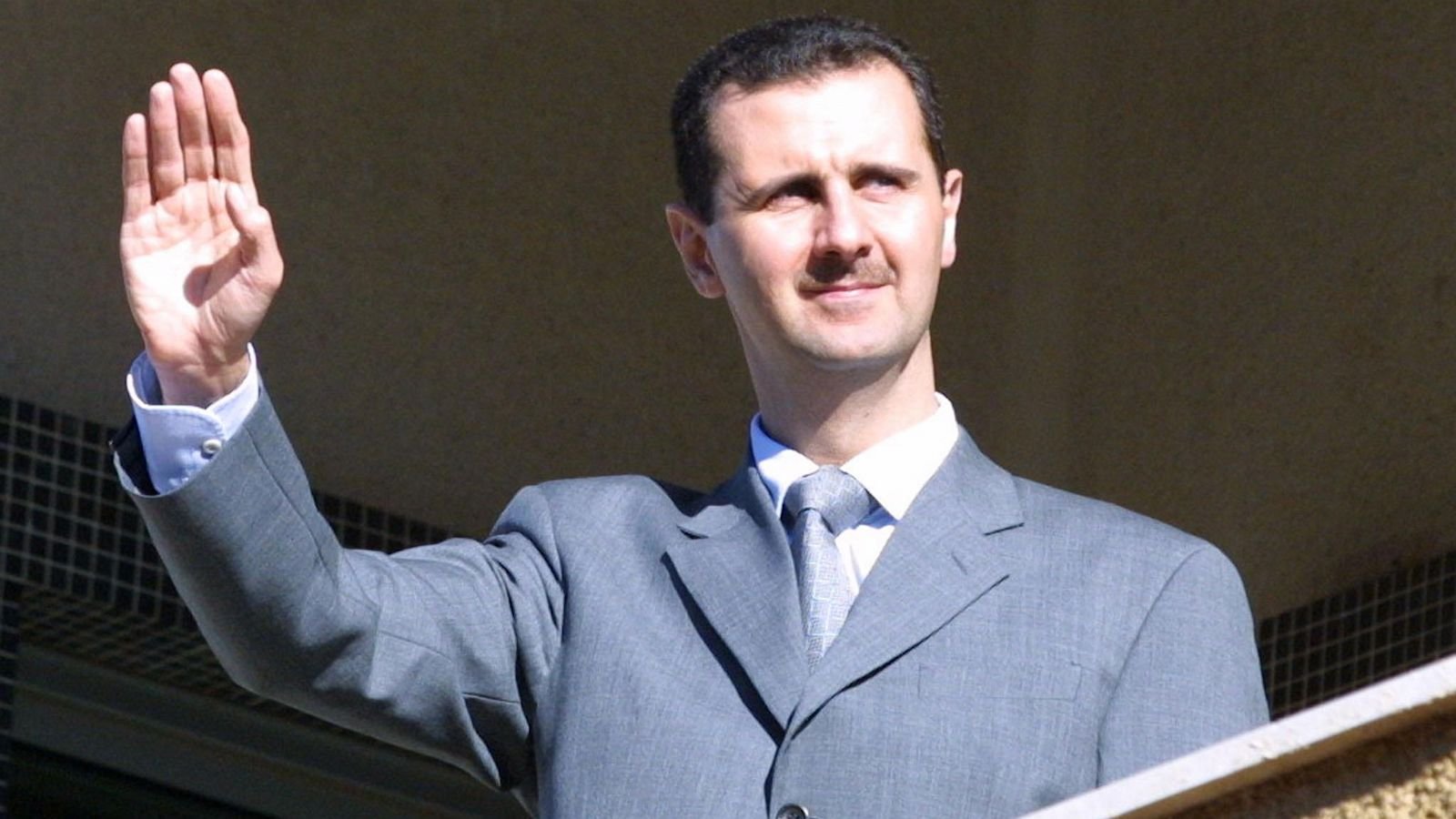In a historic turn of events, Syrian rebel forces toppled Bashar al-Assad\’s regime on Sunday, marking the end of his 24-year rule. The dramatic series of events unfolded as rebel forces entered Damascus following a rapid offensive that captured key cities, including Aleppo, Hama, and Homs. The collapse of the Assad government, a pivotal moment in Syria’s 14-year-long civil war, has sent shockwaves throughout the region and the world.
Rebels Declare Victory and Transition Plans
Rebel leader Abu Mohammed al-Jolani, head of the Islamist group Hayat Tahrir al-Sham (HTS), declared the regime\’s fall a \”victory for the entire Syrian nation.\” Addressing a jubilant crowd at the Umayyad Mosque in Damascus, Jolani vowed to build a new Syria based on democracy and justice.
“We will not turn back,” he proclaimed. “The future is ours.” Rebel leaders also announced plans to form a transitional governing body, urging citizens and opposition forces to safeguard public institutions during the handover.
In addition to celebrations in Damascus, Syrians abroad hoisted the rebel flag at embassies worldwide, marking the end of decades of Baath Party rule.
Assad’s Departure Confirmed
As rebel forces closed in on Damascus, reports emerged that Bashar al-Assad fled the country. Two senior Syrian military officers confirmed the former president boarded a plane to an undisclosed destination. While rumors suggest he may have sought refuge in Russia or Iran, Assad’s exact whereabouts remain unknown.
Russia’s foreign ministry later confirmed Assad\’s resignation and departure, noting that the former president had instructed a peaceful transition of power. The move marks a stunning reversal for a regime that once appeared invincible, bolstered by Russian military aid and Iranian-backed militias.
Israel Seizes Strategic Syrian Border Zone
Amid the chaos, Israeli forces seized the UN-patrolled buffer zone near the Israeli-occupied Golan Heights. Prime Minister Benjamin Netanyahu announced the operation, citing the collapse of Syria’s government as justification for bolstering Israel\’s security along the border.
“We will not allow any hostile force to establish itself on our border,” Netanyahu declared. Israeli fighter jets also conducted airstrikes on weapons depots and military installations in Damascus and southern Syria, aiming to prevent advanced arms from falling into rebel hands.
Regional and Global Reactions
The fall of the Assad regime has prompted swift reactions from regional and international leaders.
- Turkey: Foreign Minister Hakan Fidan described Assad’s collapse as inevitable, calling for displaced Syrians to return home and rebuild.
- United States: Outgoing President Joe Biden convened his national security team to discuss Syria’s future, emphasizing the need to protect civilians and maintain stability in the region. President-elect Donald Trump echoed these sentiments, suggesting that Russia’s diminished interest in Syria due to the Ukraine conflict played a key role in Assad’s downfall.
- France: President Emmanuel Macron hailed the end of what he called Assad’s “barbaric regime,” expressing hope for peace, freedom, and unity in Syria.
- Iran: Despite being a longtime ally of Assad, Tehran expressed hope for continued “friendly relations” with Syria but has faced widespread protests following the storming of its embassy in Damascus.
Celebrations and Chaos Across Syria
Scenes of jubilation erupted in cities across Syria. In Damascus, thousands gathered in public squares, waving rebel flags, chanting anti-Assad slogans, and firing celebratory gunshots. In Homs, residents toppled a statue of Hafez al-Assad, the late president and father of Bashar, symbolizing the end of a decades-long dynasty.
However, not all celebrations were peaceful. Rebel forces looted Assad’s abandoned palaces, showcasing images of luxury cars, chandeliers, and personal belongings on social media. Thousands of prisoners were also freed from Sednaya Prison, infamous for human rights abuses under Assad’s rule.
Uncertain Future
The fall of Assad’s regime marks a turning point in Syria’s civil war, but significant challenges remain. Rebel leaders must navigate the complexities of governance in a fractured nation while addressing humanitarian crises and rebuilding infrastructure. Analysts warn that internal divisions among rebel groups could undermine stability and hinder the transition to democracy.
International observers have also raised concerns about the dominance of HTS, a group with roots in al-Qaeda, in shaping Syria’s future. UN officials urged the new leadership to prevent atrocities and protect minority rights.
Meanwhile, neighboring countries brace for potential aftershocks. Israel has fortified its borders, and European nations fear a new wave of refugees fleeing the conflict.
Looking Ahead
Syria’s transition to a post-Assad era offers both hope and uncertainty. The swift collapse of the regime underscores the fragility of authoritarian systems, while the actions of rebel leaders will shape the nation’s path forward. For now, Syrians are celebrating an end to decades of oppression, with many expressing cautious optimism about the possibility of a brighter future.
Sources
- The Telegraph: \”Rebels Celebrate Assad\’s Fall in Damascus\”
- AFP: \”Assad Flees Syria Amid Rebel Advance\”
- The New York Times: \”Israel Takes Buffer Zone as Syria Collapses\”

